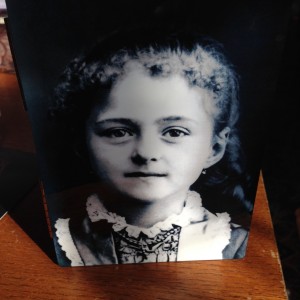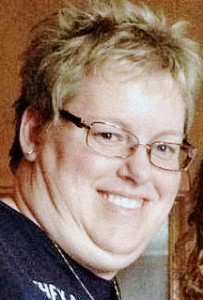I am a stay at home wife and mother. My husband Josh and I live in Pekin with our four-year-old son Brogan. We attend Saint Joseph’s in Pekin.
Why I love reading:
Reading has such an ability to put my mind at ease. From my early days of enjoying Beverly Lewis’ Amish fiction books, and the thoughts of such a simple life; to present day books on spirituality and contemplating the wonders of God’s Love for each of us, I’ve always loved reading.
What I am reading now:
I’m currently reading two books:
The Screwtape Letters by C.S. Lewis. Reading this book started as a reluctant journey wondering how reading a book that is a compilation of letters exchanged between fictional demons could possibly be uplifting or enlightening. I have found it to not only give me insight into how easily our fallen nature can justify our sin and temptations, but also how diligently God watches over us and needs us only to utter one loving prayer of trust and abandon unto His will, and He gathers us into His arms.
Uniformity with God’s Will by Saint Alphonsus de Liguori. This book is just a very short read on exactly the title. So many times we think we should only conform to The Lord’s will, but in actuality we must be immersed in uniformity to His Will.
”Conformity signifies that we join our wills to the will of God. Uniformity means more- it means that we make one will of God’s will and ours, so that we will only what God wills; that God’s will alone, is our will.” Love of God’s will is knowing that whatever happens to us is only preparing us to love Him more for eternity.
My favorite book:
The Gospel of John, because Jesus speaks the most in this Gospel. All of John Chapter 14 is my favorite.
Nancy here–I’m especially delighted to share Jessica as a”Meet a Reader” since I’ve known her since she was a young teenager, and she was babysitting for my toddlers. Now she has a toddler of her own!








 St. Therese’s mother wrote about her:
St. Therese’s mother wrote about her:










